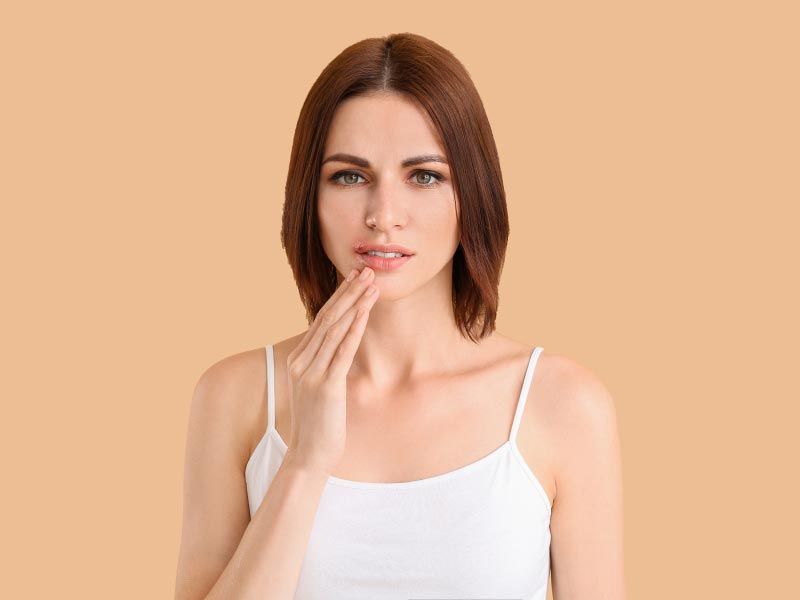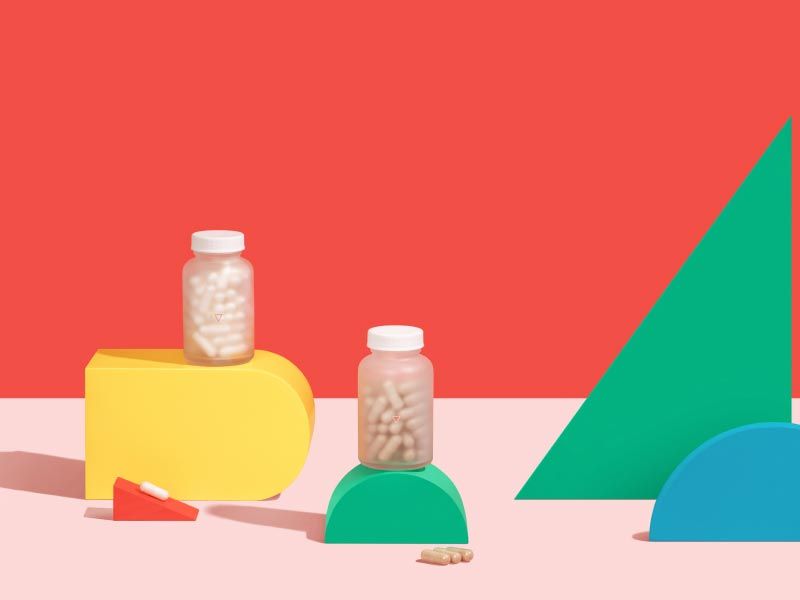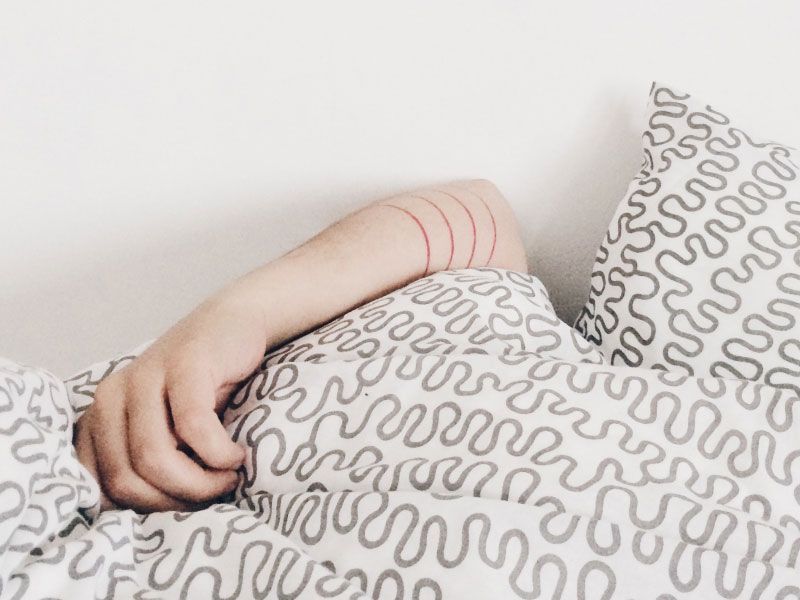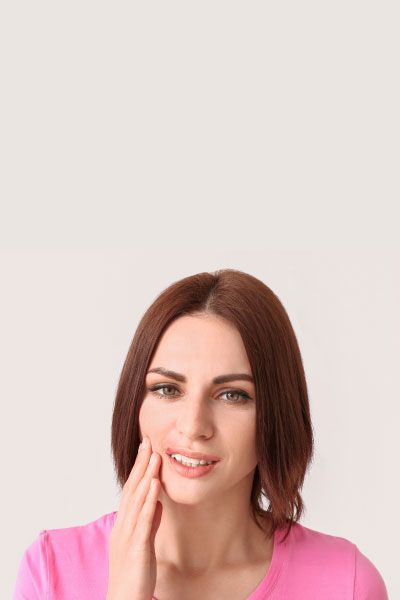
What Causes Cold Sores to Flare Up?
By Audrey Cabanel
November 8, 2023
Whether this is your first cold sore or you have experienced these flare ups since childhood, we are here to tell you all about them and help get you The more you know about what causes cold sores to flare up, the faster you can treat them!
What Are the Symptoms of Cold Sores?
Say you’re not sure whether you have a cold sore or just a nasty pimple on your lip. Let’s clear that up. Cold sore symptoms are pretty distinct and allow you to know what it is. Before one appears, you may experience a prodrome stage, which can feel like a (some people experience prodrome symptoms, but not all).
Prodrome is then followed by small blisters that develop on your lips and mouth. These are usually on the border of your lips, but can sometimes be inside your mouth (these are more common symptoms with your first outbreak). These fever blisters will cause soreness in the affected area. They may feel uncomfortably itchy at first, and become painful as scabs develop—keeping the area well moisturized with Vaseline or lanolin can help, as can to numb the area.
Usually, cold sores will grow, dry out, and then crust over. Your first outbreak will likely take a healing time of around 2 to 3 weeks, but the duration of your outbreaks will shorten over time follow-up outbreaks may only last a few days to a week.
How Did I End Up Getting Cold Sores?
Historically, cold sores are most often caused by HSV-1, while HSV-2 mostly causes genital herpes (although, rates of genital HSV-1 have increased as fewer people are exposed to HSV-1 in childhood). Both viruses can spread to the face or genitals through close contact like You might be wondering, how on earth did I get this? I haven’t been in close contact or in a situation where I could have gotten it. It is very possible that you contracted the virus during childhood or young adulthood, through non-sexual close contact with family members (kissing for example), and that you are just now getting a flare up.
Oral herpes on your lips is usually caused by the herpes simplex virus type 1 (HSV-1), which you usually get by kissing someone who has the virus. Although cold sores indicate that a person is contagious, you can also shed the virus without the presence of these sores, often referred to as asymptomatic shedding. Asymptomatic shedding can occur even among people who have never had an outbreak and may not even be aware that they have HSV. This scenario is prevalent amongst those who contract HSV-1 genitally via oral sex.
It’s important to note that most people with herpes infections never develop symptoms, or develop symptoms that are so mild that they are easily overlooked. It’s unclear exactly why some people experience outbreaks, but it may have to do with a combination of genetic factors and your immune response. You are most at risk of complications from the virus if you have a weakened immune system from conditions and treatments such as:
- HIV/AIDS
- Cancer chemotherapy
- Anti-rejection medicine for organ transplants.
- Atopic dermatitis (eczema)
What Illnesses Cause Cold Sores?
Cold sores are caused by a virus rather than an illness. There is a difference between what causes a person to experience cold sores and what triggers a flare up. So you’re confused right now and don’t know the difference? That’s okay! Let’s break it down together. As mentioned above, you get cold sores by contracting the herpes simplex virus, which may remain dormant or flare up to cause cold sore outbreaks. We refer to oral outbreaks as cold sores, but genital outbreaks caused by a genital infection can look the same (just in the genital region).
When it comes to illness, stress on your body, like lack of sleep, a cold, a change in the weather, or a mental health struggle can weaken your immune system and allow the virus to activate. The triggers below can be the cause of your cold sore flaring for the first time:
- Hormonal changes, like a period.
- Strong sunlight
- Weak immune system
- Stress
- Having another infection (like a cold or flu)
- Having a fever
- Emotion upset or psychological stress.
- Tiredness and fatigue
- Injury to the affected area (like biting your lip).
Pay attention to which of these triggers you’re sensitive to so you can prevent outbreaks before they start!
Treatments to Stop a Cold Sore From Flaring Up
When you feel a cold sore flare up coming on it is important to take antiviral medication as quickly as possible to subside the discomfort and Once you’ve had your first few flare ups, you can start to understand which triggers might affect you. The best way to stop a flare up is to avoid this trigger or find ways to deal with it. Say your cold sores are heavily affected by the sun, then you could use strong sunscreen and avoid spending long periods in the sun.
Another way to stop cold sores from coming back or to decrease their intensity is to take daily oral antiviral medication. This treatment is most beneficial to those who experience frequent outbreaks, but it can also help reduce the risk of transmission to a partner.
In general, to reduce your risk of getting a cold sore, we recommend that you avoid kissing and skin contact with people while they have these blisters present.
If you are having a cold sore flare up for the first time or not, we want you to feel less worried about it and like you have access to the proper care and information. You can answer this symptoms quiz to find the right meds and treatment for you. Why suffer, when Wisp can help relieve your discomfort?
Get Cold Sore Medication Online
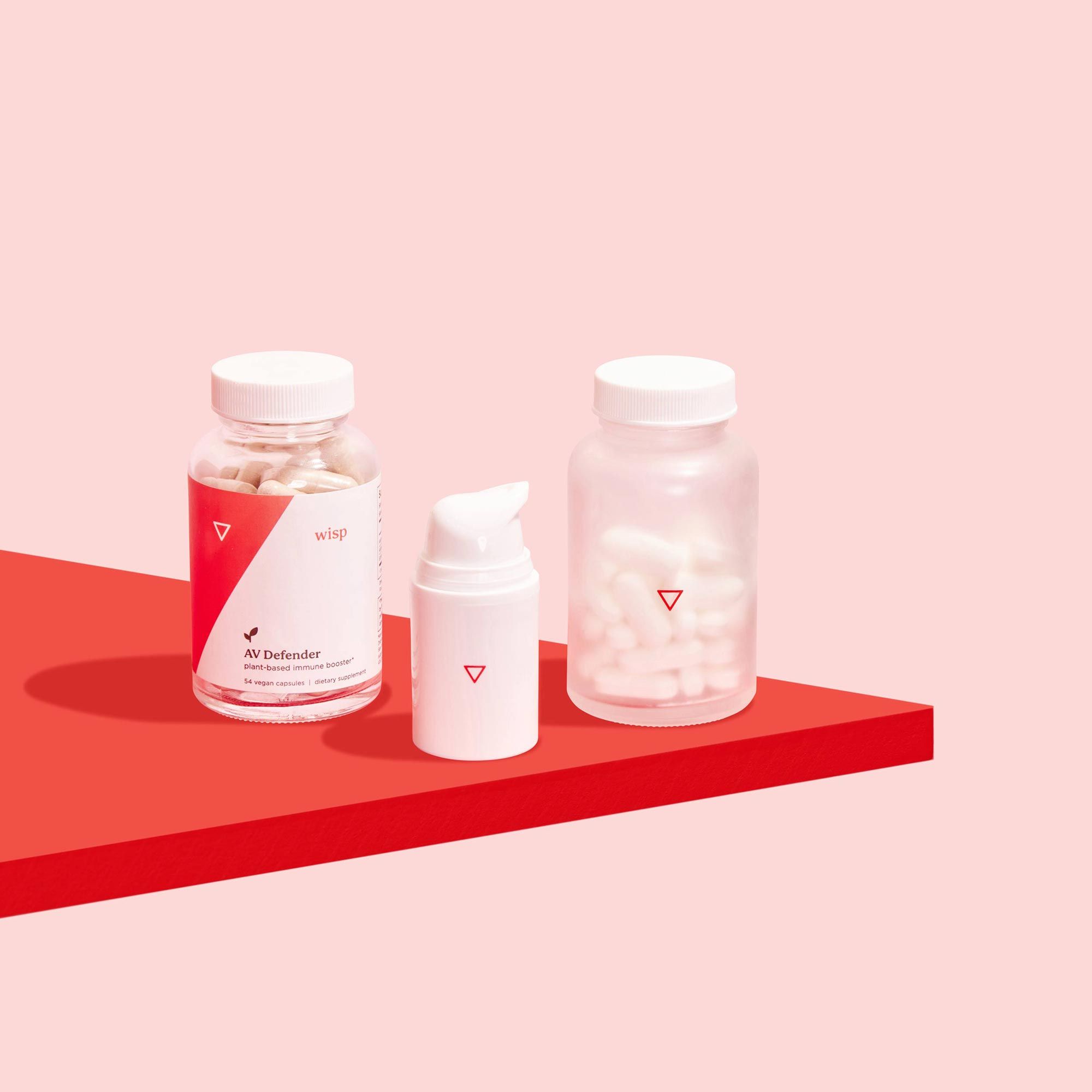
Cold Sore Trio
Starting at $45
Bundle Valacyclovir & Acyclovir For HSV-1 & HSV-2, Acyclovir 10% Topical Cream, and All-Natural AV Herbals to treat & prevent outbreaks.
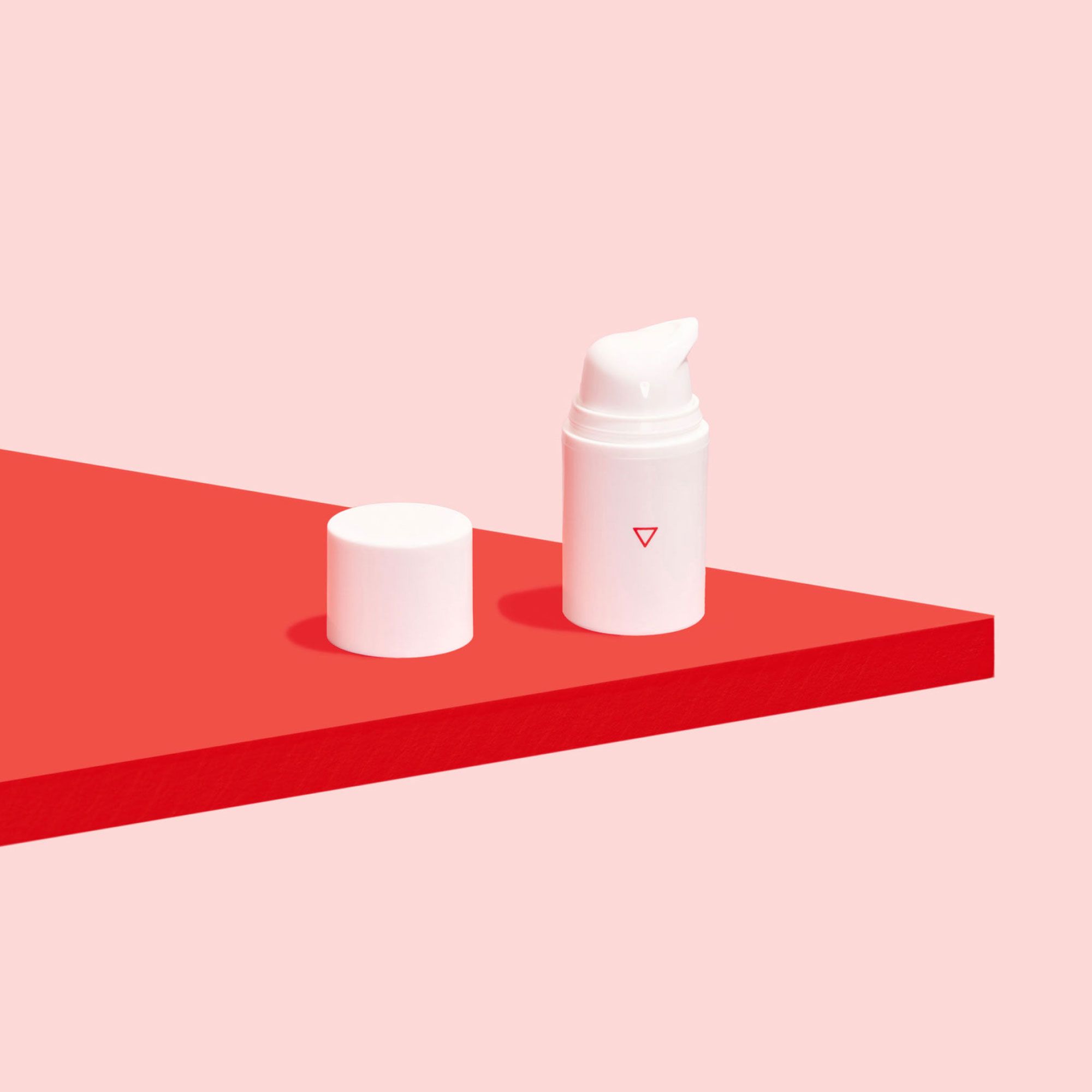
Lidocaine-Amitriptyline Cream | HSV-1
Starting at $30
Fast cold sore pain relief, without the waiting room.
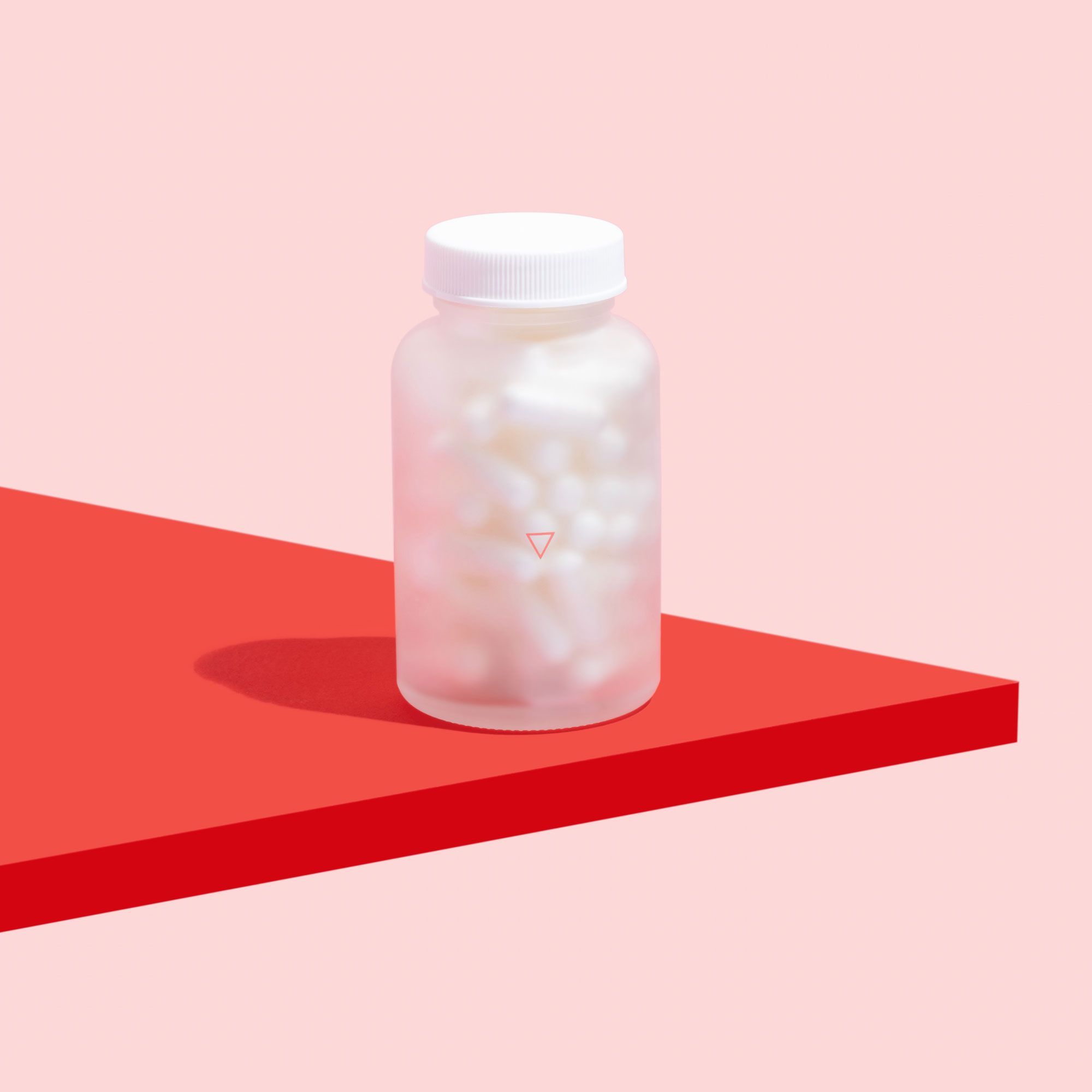
L-Lysine Cold Sores | HSV-1
Starting at $27
L-Lysine is an over-the-counter medication used to manage the severity of oral & genital outbreaks.
